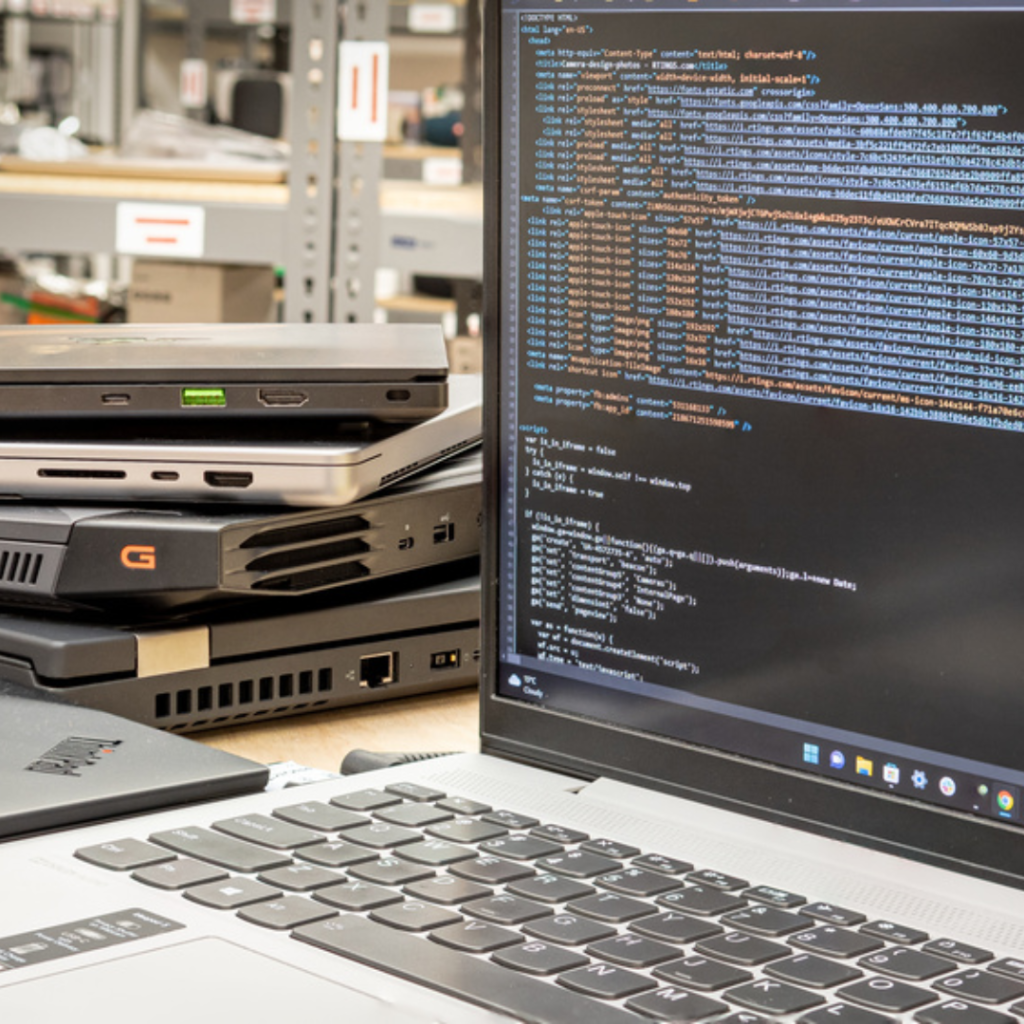
Programming has become an integral part of many industries, and having a reliable laptop is crucial for software developers, coders, and programmers. When it comes to choosing a programming laptop, there are several key features to consider. In this article, we will explore the top features that you should look for in a programming laptop to enhance your coding experience.
Introduction
As a programmer, your laptop is your primary tool, and it should meet specific requirements to handle the demands of coding, debugging, and running resource-intensive programs. Here are the top features to consider when choosing a programming laptop.
Processing Power
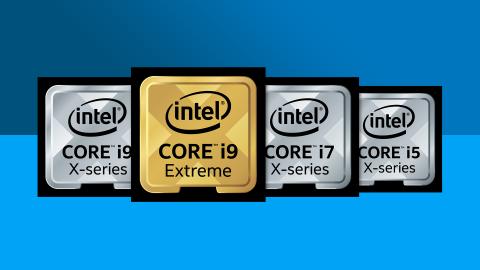
One of the most critical factors in a programming laptop is its processing power. Look for laptops with high-performance processors, such as Intel Core i7 or AMD Ryzen 7. These processors offer excellent multitasking capabilities, allowing you to compile code, run virtual machines, and execute complex algorithms efficiently.
RAM Capacity
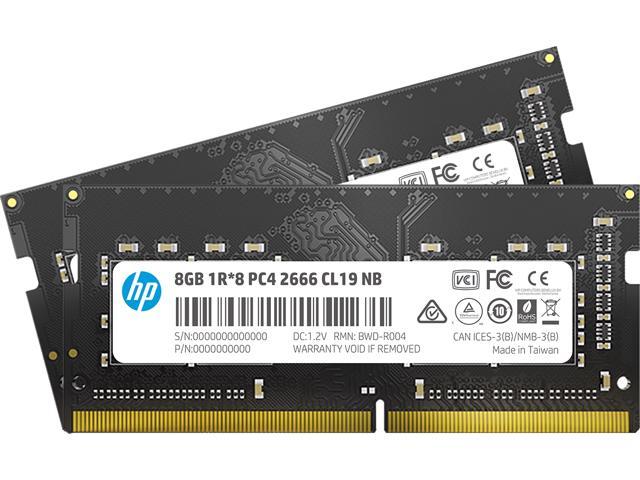
Programming often involves working with memory-intensive applications. Ensure your laptop has ample RAM to handle multiple programs simultaneously. Aim for at least 8GB of RAM, but if your budget allows, consider 16GB or higher for smoother multitasking and better overall performance.
Storage Options
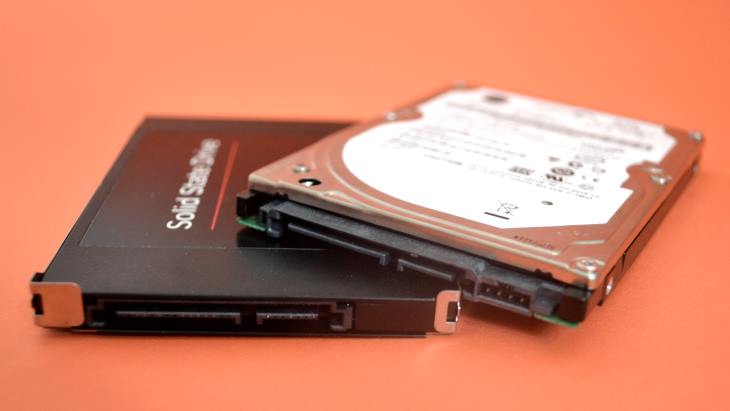
Storage is another crucial consideration for programmers. Traditional hard disk drives (HDDs) offer larger storage capacities at a lower price, but solid-state drives (SSDs) provide faster data access speeds, improving your laptop’s overall responsiveness. Opt for a laptop with an SSD for quicker program launches and faster file transfers.
Display Quality
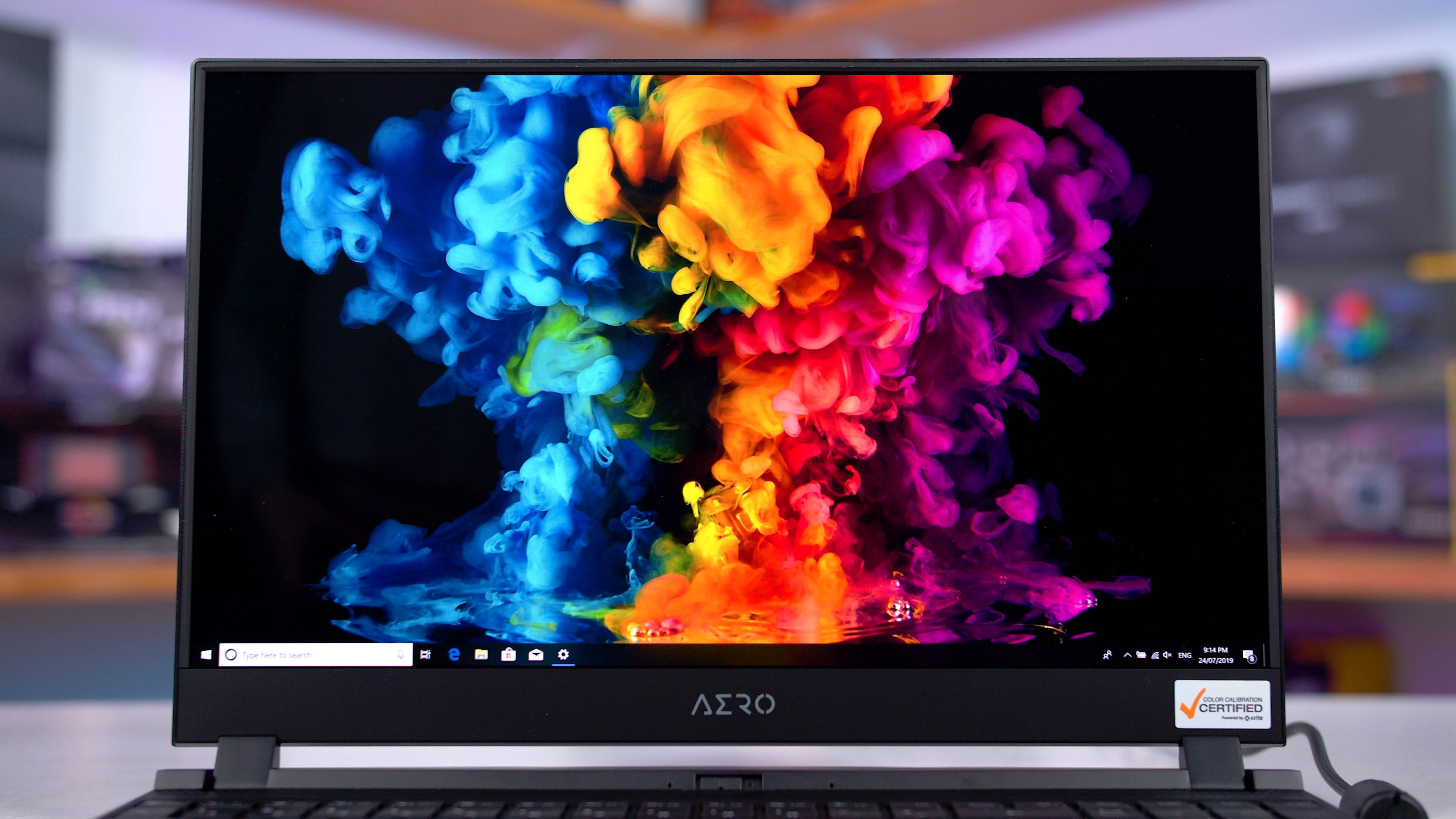
A high-quality display is essential for programmers who spend long hours staring at their screens. Look for laptops with IPS or OLED panels that offer vibrant colors, wide viewing angles, and accurate color reproduction. A larger display with a higher resolution can also enhance your coding experience, allowing you to see more code and minimize scrolling.
Keyboard and Trackpad
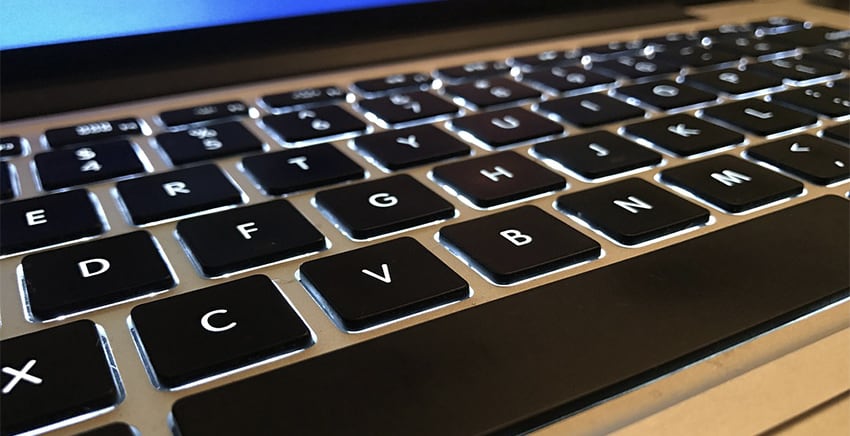
Comfortable and responsive input devices are crucial for coding. Look for laptops with well-designed keyboards that offer good key travel and tactile feedback. Backlit keyboards can be beneficial when working in dimly lit environments. Additionally, a responsive trackpad with precise gesture support can improve your productivity.
Battery Life

As a programmer, you may find yourself working on the go or in situations where access to power outlets is limited. A laptop with long battery life is essential to ensure uninterrupted productivity. Look for laptops with a battery that can last at least 8-10 hours on a single charge, allowing you to work without the constant need for charging.
Portability and Design
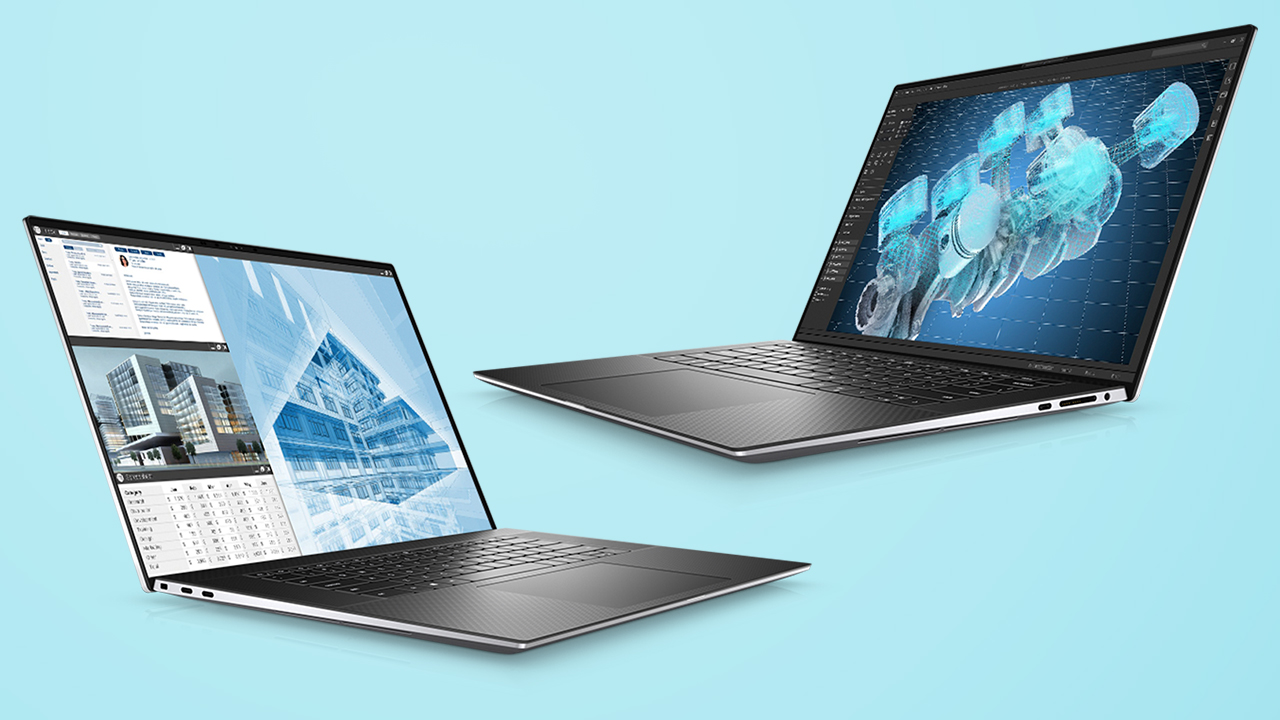
Portability is an important consideration for programmers who travel frequently or work in different locations. A lightweight and slim laptop is easier to carry around, making it more convenient for remote work or coding on the go. Consider the overall design and form factor of the laptop to ensure it fits your lifestyle and working preferences.
Operating System

Choosing the right operating system depends on your programming needs and personal preferences. Windows, macOS, and Linux are the most common choices. Windows is widely compatible with programming tools and software, while macOS offers a streamlined development environment. Linux is popular among developers who prefer open-source platforms. Select the operating system that aligns with your programming requirements.
Connectivity Options

Having a range of connectivity options is beneficial when working with external devices and peripherals. Look for laptops with a variety of ports, including USB Type-A, USB Type-C, HDMI, and an SD card reader. Thunderbolt ports can provide faster data transfer speeds and support for external monitors.
Graphics Performance

While programming doesn’t typically require powerful graphics, some developers may need to work with graphics-intensive applications or explore data visualization. Look for laptops with dedicated graphics cards, such as NVIDIA GeForce or AMD Radeon, to ensure smooth performance when working with graphics-related tasks.
Cooling System
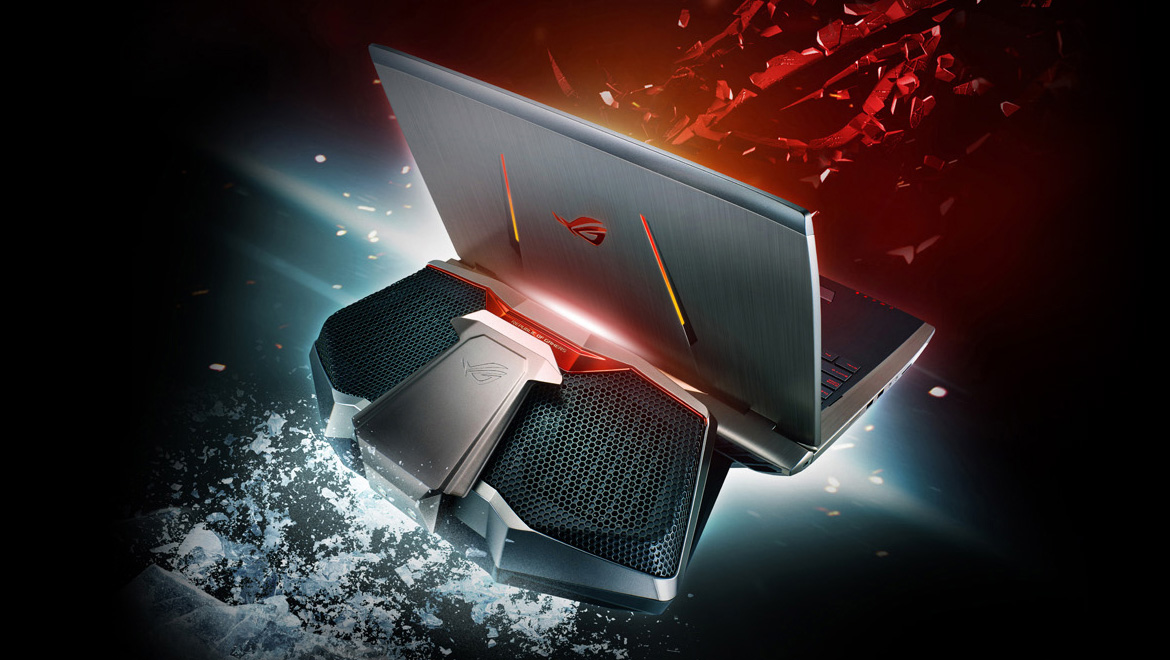
Intensive programming tasks can generate a significant amount of heat, potentially affecting your laptop’s performance. Ensure your programming laptop has an efficient cooling system with multiple fans and heat pipes to prevent overheating. Adequate cooling can help maintain optimal performance and extend the lifespan of your laptop.
Durability
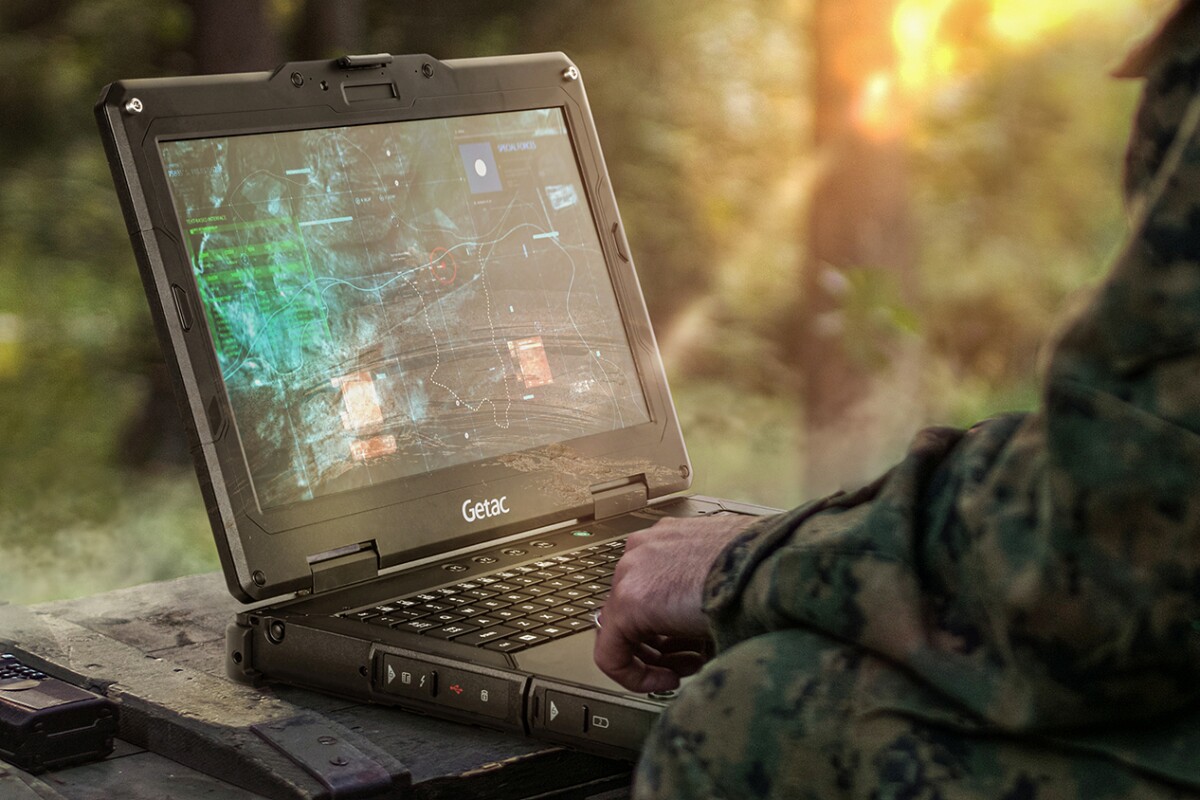
A durable laptop is essential, especially if you frequently carry it around or work in different environments. Look for laptops with the sturdy build quality and reliable construction materials. Consider laptops with military-grade certification or reinforced frames that can withstand accidental drops, vibrations, and other hazards.
Conclusion
Choosing the right programming laptop can significantly impact your coding experience and productivity. Consider the key features discussed in this article, such as processing power, RAM capacity, storage options, display quality, and keyboard comfort. Additionally, pay attention to battery life, portability, operating system compatibility, and connectivity options. A well-rounded laptop that meets your programming requirements will enhance your efficiency and allow you to focus on writing clean, efficient code.